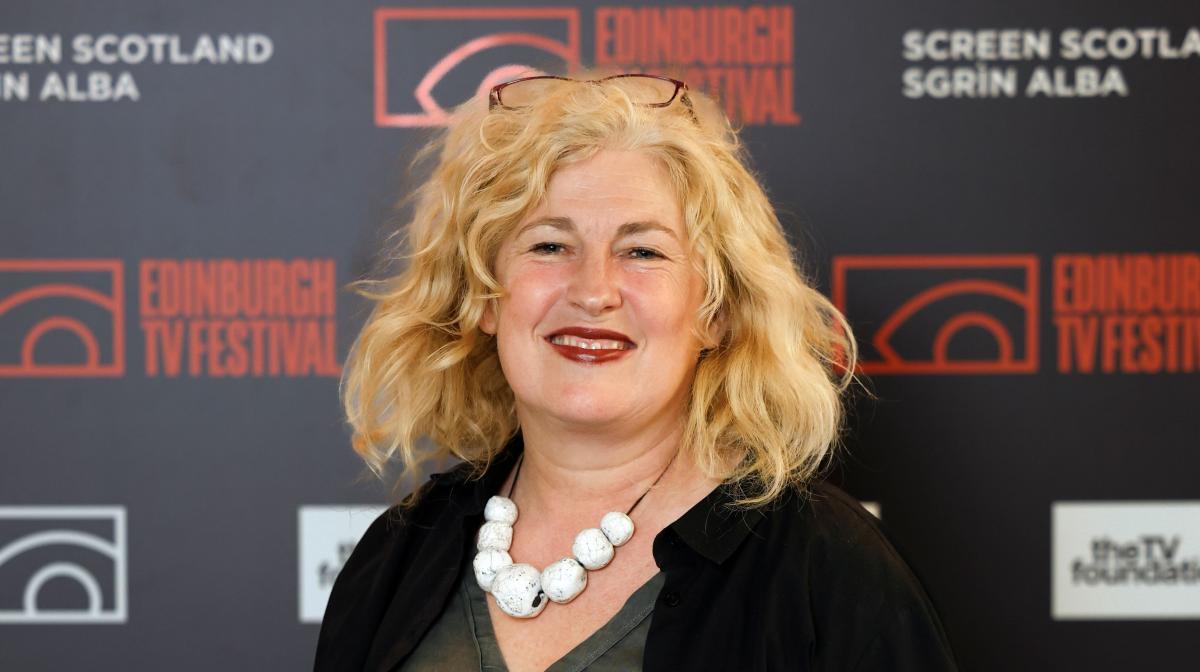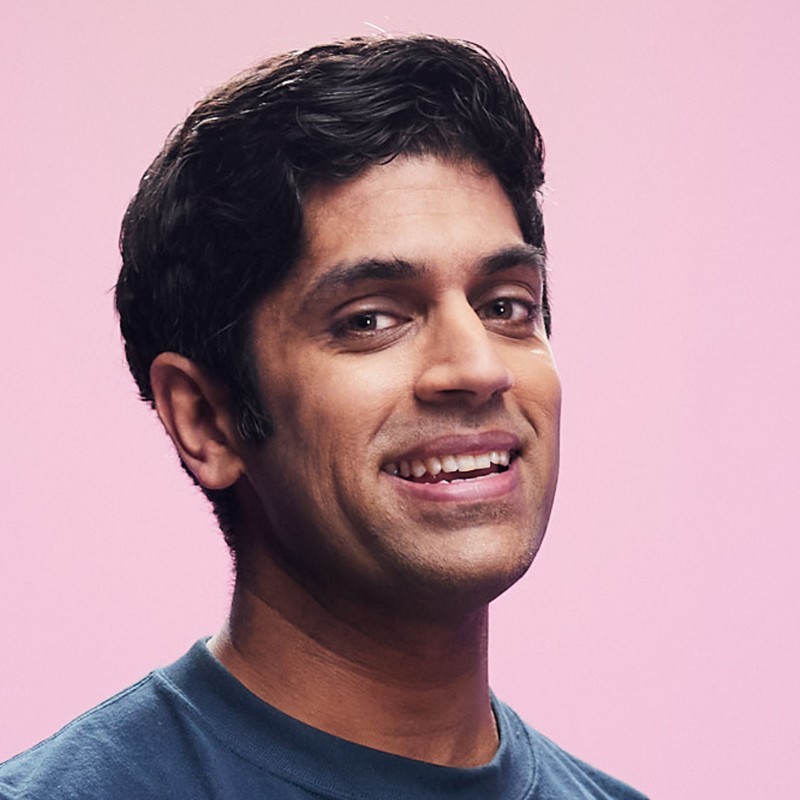Indies are in a “fragile” situation, with some fearing they could be forced to close as broadcasters slow down commissions and focus on ‘fewer, bigger, better’ shows, the festival heard.
Anna Hall, creative director of Leeds factual indie Candour, said there is “no guarantee” that small indies will ride the current storm. “Are we going to be here in six months?” she posited.
Anna Hall
Speaking on the same panel, which looked at indie-broadcaster relationships, Mighty Productions managing director Lynn Sutcliffe said: “I thought Covid was going to be the thing that was really tough to survive, and now it seems like we got through that and this is tougher, this is harder.”
Sutcliffe called on broadcasters to be more understanding and transparent in the effect of their decisions on indies.
“Sometimes when you’re safe a broadcaster, it’s easy to forget how fragile it can feel,” she said.
“They don’t realize the impact, because your resource is your time. If you’re preparing for a pitch, you’re giving your time and your resource for that pitch, and if somebody pushes it a month, that has a massive impact on us.”
Hall said it is “unacceptable” for commissioners to delay giving feedback.
“What we need as indies, more than anything, from broadcasters is complete honesty. Especially now, we need to know as indies, what’s happening? When are you going to start commissioning again? What does the field look like?
“Because for us running an indie we need to know. Are we looking at next March? Are we looking at December? What are we looking at? Because actually for us, in our cash flow situation, we need help there.”
Broadcasters on the panel said they welcomed feedback and ongoing dialogue.
BBC editor of unscripted Syeda Irtizaali said: “The things we don’t know about we can’t stop, so we just got to know about them. Please come to us.”
She cited the Northern Ireland Hot House Scheme and the BBC’s comedy regional partnership scheme as examples of the “creative ways” that the corporation helps indies.
ITV director of operations, commissioning and content Priya Singh said the broadcaster is “trying to understand where we can have a more consistent approach to the way we are dealing with people and forging those really good relationships”.
Channel 4 head of indie relations Rebecca Thompson said: “Everybody within C4 is really open to talking to you. You can speak to production finance teams, speak to me – it’s not just commissioners, the whole channel really works together to look at an indie’s circumstances and look at an idea and the best way to move ahead with it.”
‘Zero-sum game’
In a separate session, Gold Wala founder Faraz Osman voiced fears that small and medium-sized indies were being frozen out by the trend for reboots of IP owned by bigger players, like Survivor, Gladiators and Big Brother.
“In my eyes TV, particularly public service TV, is a zero-sum game – there is a limited amount of money,” he said.
“Every time you commission something that is pre-existing, then by definition you are taking money away from something new and interesting that can come from smaller indie.”
Faraz Osman
BBC director of unscripted Kate Phillips said the corporation has a duty to help smaller indies grow under its public service remit, and pointed to its creative diversity fund.
However, she said: “We need an indie with experience and expertise to make the big Saturday night high-risk shows. When we are spending significant public money on a show it needs to be made by a company with experience in that area.”
Osman countered by saying such shows could be used as “grow-pros” in which large indies worked with small indies on projects of scale.
Phillips admitted she hadn’t thought about that as an option for Saturday night shows. Describing his argument as “really interesting”, she said: “It’s certainly worth looking at for future opportunities because there is huge talent in smaller and mid-size indies.”



